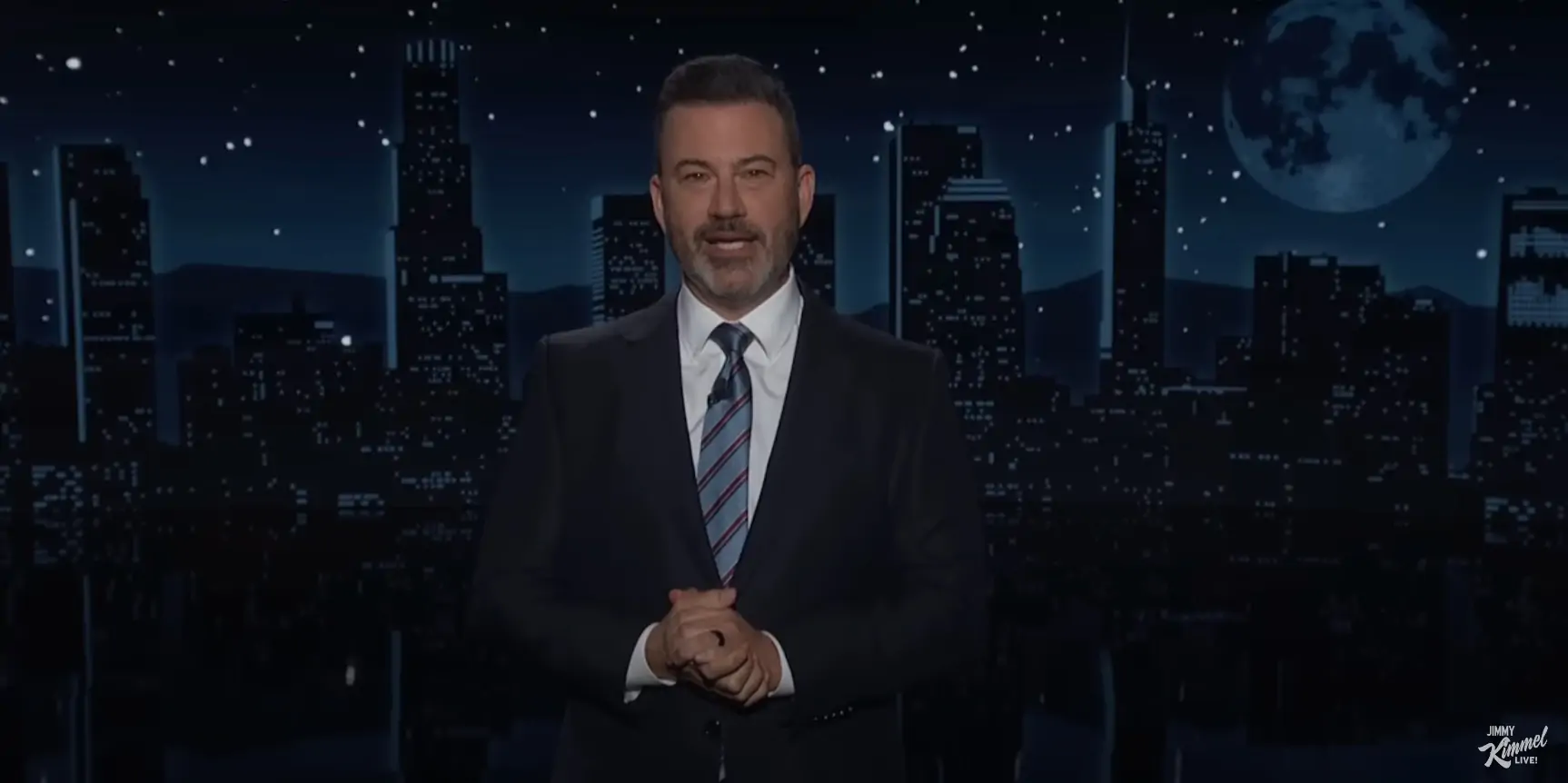
As the downward spiral that is late night TV seems to accelerate toward it’s inevitable doom (unless you’re Gutfeld of course), a strange upside for the city of New York emerges. Potentially anyway. A small beneficial tax cut could be realized for a very odd reason.
For some of the oddest reasoning imaginable, the average New Yorker pays $2 a year in taxes toward keeping Saturday Night Live on the air. That’s right! A network television subsidy redirects some of the blame for the decline of the once funny counter culture juggernaut, beginning in 2017.

In fact, the New York Film Tax Credits may be keeping shows around that otherwise may have been canceled for lack of profit. All at a pretty hefty cost to taxpayers, the majority of whom wouldn’t even know.
The primary beneficiaries since the 2017 implementation have been: Saturday Night Live for $111 million dollars, The Tonight Show at $81 million dollars, and many others including The Blacklist, Blue Bloods, Billions, Bull, and Madam Secretary.

Tax credit programs come with a lot of controversy in most states when put under a cost benefit lens. In 2020 alone New York handed out about $700 million dollars of taxpayer money. That’s a pretty penny indeed. As surprising as that number may be, neighboring state New Jersey spilled out $800 million per year. Yet there is a nagging question, are the film credit programs a net gain. That all would depend on the book keeping method employed.
A few studies done on the subject are, at best, misleading. Worse than that, they showed opposite results. New York’s own organization concluded $1.70 in added tax revenues for every dollar spent, while another study determined the state recouped only $0.30 for every dollar spent. Talk about inconclusive results.

To put it simply, if Saturday Night Live (SNL) were to call it quits after this year, ending its 50th season and leaving Jimmy Fallon without a late-night show, it would mean fewer resources being spent in New York. In other words, New Yorkers could benefit from a reduction in wasted funds.
Read More
- Gold Rate Forecast
- Pi Network (PI) Price Prediction for 2025
- Silver Rate Forecast
- USD CNY PREDICTION
- 10 Most Anticipated Anime of 2025
- Brent Oil Forecast
- USD MXN PREDICTION
- EUR CNY PREDICTION
- Hero Tale best builds – One for melee, one for ranged characters
- Capcom has revealed the full Monster Hunter Wilds version 1.011 update patch notes
2025-05-06 22:33